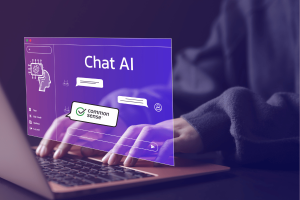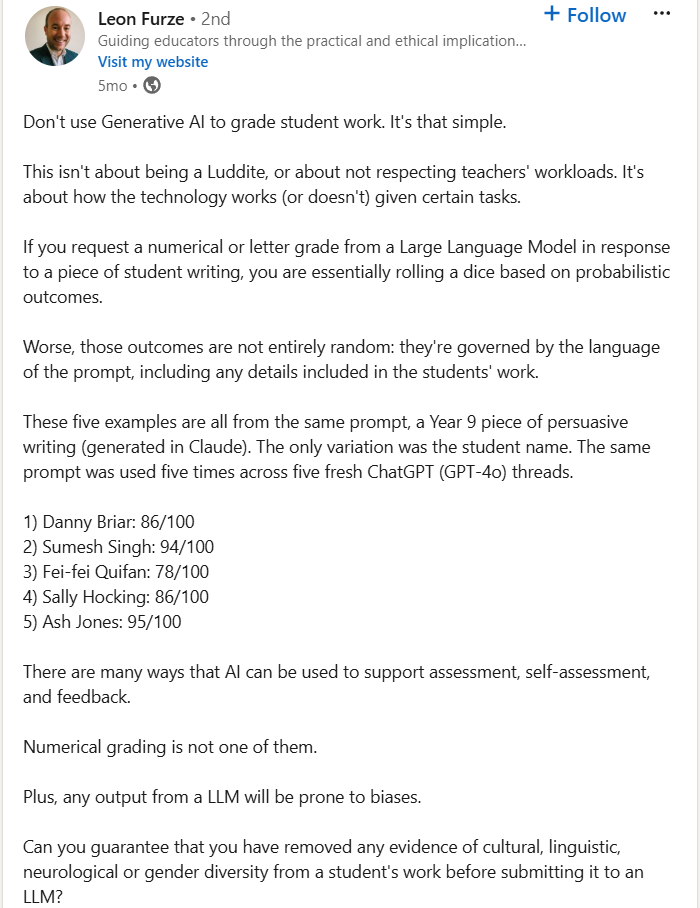OpenAI launches free course to help teachers safely use ChatGPT – but not everyone is convinced

OpenAI has launched a free online course to assist K-12 teachers in integrating ChatGPT, its AI chatbot platform, into their classrooms. Developed in partnership with the nonprofit Common Sense Media, this one-hour, nine-module program introduces the fundamentals of AI and explores its educational applications.
On the site, the course description states that it is designed to introduce educators to the basics of artificial intelligence, generative AI, ChatGPT, and “how to use ChatGPT safely and effectively.”
OpenAI and Common Sense Media say that it will help teachers decode jargon and understand how to use it responsibly, aiming to “level up your understanding of AI and ChatGPT so that you can use tools like this safely and with a clear purpose.”
Leah Belsky, OpenAI’s education vice president, told Reuters: “My goal in this role is to put AI into the hands of every student and every teacher… and also give them the skills to learn how to do it responsibly and effectively.”
The course comes as OpenAI increases its efforts to showcase the positive impact of its ChatGPT chatbot for teachers. Since its launch in November 2022, ChatGPT has sparked a generative AI boom, becoming one of the world’s fastest-growing applications.
Teachers’ concerns over AI usage in educationHowever, some have been skeptical over the use of ChatGPT in an educational setting. In August, ReadWrite reported that Arizona State University was partnering up with OpenAI to define how generative AI can be used in higher education to “shape learning, research and the future of work.”
That said, Erik Baker, a lecturer in the History of Science at Harvard University, called the collaboration “profoundly offensive” because he felt that it portrayed students as incapable of learning how to write for themselves.
 Leon Furze demonstrates how AI could be harmful in certain aspects. Credit: LinkedIn
Leon Furze demonstrates how AI could be harmful in certain aspects. Credit: LinkedIn
Education consultant Leon Furze also previously warned about using generative AI to grade students’ work. He discovered that simply changing the name on the same paper altered the results, raising concerns about whether it is reliable enough for assessments.
He wrote in a post: “So not only are the grades inconsistent and unreliable, they’re also likely to be biased in ways we can’t easily control for. It’s a recipe for disaster when it comes to fair, equitable assessment.”
ReadWrite has reached out to OpenAI and Common Sense Media for comment.
Featured image: Common Sense Media / Canva
The post OpenAI launches free course to help teachers safely use ChatGPT – but not everyone is convinced appeared first on ReadWrite.
